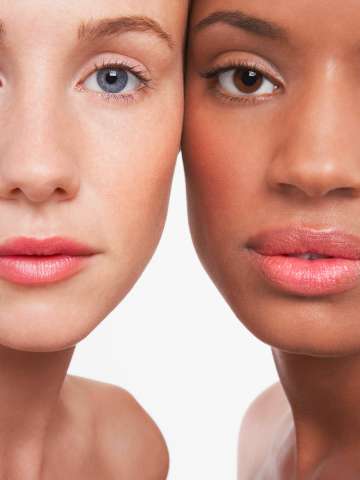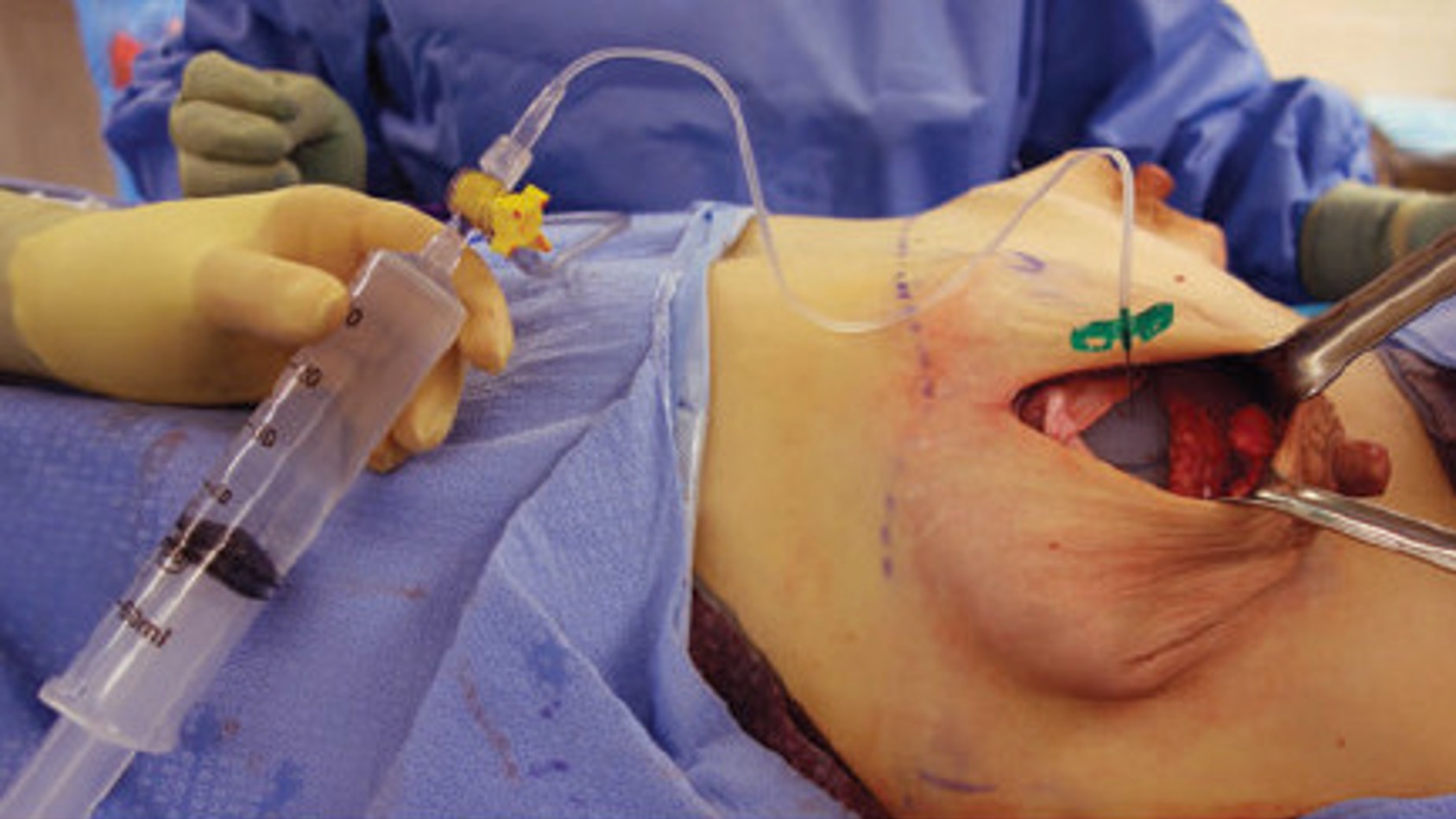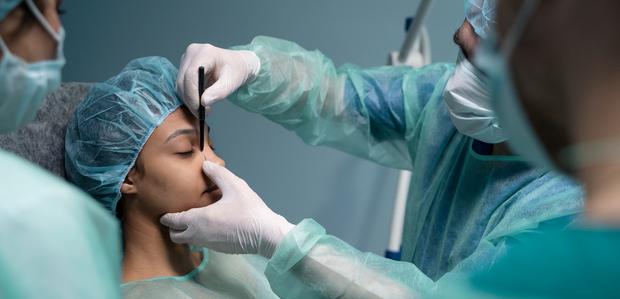Mommy Makeover Bellevue: Restore Your Pre-Baby Body with Professional Care
Mommy Makeover Bellevue: Restore Your Pre-Baby Body with Professional Care
Blog Article
A Deep Study the Common Reason for Looking For Plastic Surgery: Unboxing the Desire for Modification and Self-Improvement

Social Stress and Elegance Standards
Often, social stress and dominating appeal requirements play a substantial role in people' choices to pursue plastic surgery (liposuction bellevue). In contemporary society, graph greatly influences personal perceptions of beauty, frequently bolstered by media, celeb recommendations, and social systems. These networks regularly promote idealized versions of charm, leading individuals to internalize these requirements and evaluate their self-worth against them

Furthermore, these pressures are not restricted to certain demographics; they influence people across various ages, sexes, and histories, highlighting the prevalent nature of charm standards. This prevalent impact increases vital concerns about the values of plastic surgery and the ramifications of social requirements on individual selections. Eventually, comprehending these pressures is crucial for cultivating a much more inclusive interpretation of charm that commemorates variety.
Personal Experiences and Transformative Stories
Lots of individuals who go through plastic surgery report transformative experiences that extend past simple physical changes. For several, these procedures offer as a driver for improved self-confidence and a restored sense of identification. Patients frequently describe sensation freed from enduring instabilities, causing boosted self-confidence in both professional and personal realms.
Take, for instance, the tale of a young woman that undertook breast enhancement after years of feeling uneasy about her appearance. Post-surgery, she reported not just a newly found convenience in her body but likewise a substantial enhancement in her social life and career chances. In a similar way, a middle-aged man who selected to undergo a facelift shared how the treatment renewed his outlook on life, triggering him to seek new interests and connections.

Mental Variables Behind Aesthetic Surgical Procedure
Various mental variables add to the decision to undertake plastic surgery, showing much deeper psychological and emotional health and wellness factors to consider. People often go after medical improvements as a way to deal with feelings of insufficiency, reduced self-worth, or dissatisfaction with their appearance. These mental motivations can be rooted in previous experiences, social comparisons, or individual ambitions.
Body photo distortion is a widespread issue, where individuals view their physical features in an exaggeratedly adverse light. This distortion can lead to obsessive ideas about viewed problems, triggering the wish for medical alteration as a remedy. Furthermore, the quest of perfection and societal pressures can amplify these feelings, pushing people towards aesthetic treatments in hopes of accomplishing an idyllic variation of themselves.
Additionally, the idea of self-improvement plays a crucial role. Lots of people check out cosmetic surgical treatment as a pathway to improve their high quality of life, thinking that enhanced appearance will certainly bring about boosted social approval, far better partnerships, or improved profession opportunities. Inevitably, the emotional variables behind plastic surgery underscore the intricate interplay in between specific self-perception and exterior influences, exposing the diverse nature of the need for modification.
The Role of Media in Perception
In today's culture, media plays a pivotal duty fit assumptions of appeal and self-worth. Via numerous platforms-- social media sites, television, and advertising and marketing-- idyllic standards of beauty are usually distributed, influencing private desires and self-image. These portrayals frequently highlight narrow meanings of attractiveness, primarily including younger, slim, and electronically improved photos, which can create unrealistic standards for people aiming to adjust.
The effect of media is additional worsened by the pervasive nature of social media sites, where individuals are pestered with curated material that highlights aesthetic enhancements, endorsing a culture of contrast. This constant direct exposure can bring about sensations of insufficiency among customers, motivating them to consider cosmetic surgical procedure as a way of attaining the perceived suitable. Research shows that people that involve with these media representations are more probable to you can try these out share frustration with their appearance, strengthening the wish for medical treatments.
Additionally, the normalization of plastic surgery in media narratives can desensitize audiences, framing such procedures as commonplace and even required for social acceptance. Hence, the media's representation of beauty not only influences specific choices relating to cosmetic surgical procedure yet additionally adds to a more comprehensive societal discussion concerning self-respect and identity.
Future trends and honest considerations
In the middle of the growing popularity of cosmetic surgical treatment, honest considerations bordering the practice have actually come to be increasingly prominent. As the need for procedures increases, so too do concerns concerning educated approval, the psychological motivations of linked here patients, and the possibility for exploitation by doctors. It is critical for specialists to make certain that individuals completely understand the advantages and dangers, as well as the effects of their selections, to cultivate an accountable strategy to cosmetic improvements.
Additionally, the impact of social media and appeal standards elevates concerns about the effect on mental wellness, particularly amongst susceptible populaces. As awareness of body image problems expands, moral method demands a cautious evaluation of the motivations behind surgical interventions. Doctors should stabilize individual wishes with moral responsibility, making certain that choices are rooted in real self-improvement instead of social pressures.
Aiming to the future, patterns may move towards non-invasive and technically progressed procedures, highlighting client safety and contentment. Furthermore, the unification of emotional analyses might aid address underlying problems before medical intervention. The plastic surgery field should adjust to these ethical difficulties while promoting a culture of openness and self-acceptance, inevitably prioritizing the wellness of people.
Conclusion
Finally, the search of plastic surgery is affected by an assemblage of social stress, personal experiences, and mental variables. The need for placement with dominating elegance criteria, paired with the possibility for transformative outcomes, highlights the complicated motivations driving individuals toward these treatments. Moreover, the role of media in forming assumptions of charm can not be understated. As ethical considerations evolve, future trends in cosmetic surgery will likely mirror ongoing societal discussions surrounding self-improvement and specific identity.
Regularly, social look at here now pressures and dominating charm criteria play a considerable role in individuals' choices to go after cosmetic surgical procedure. liposuction bellevue. Eventually, these transformative stories highlight the diverse reasons individuals look for cosmetic surgery, linking personal development with the pursuit of visual enhancement
Many individuals see cosmetic surgical treatment as a path to enhance their quality of life, thinking that improved look will lead to raised social approval, far better relationships, or improved occupation opportunities. Inevitably, the psychological aspects behind cosmetic surgical procedure emphasize the complex interplay in between specific self-perception and outside impacts, revealing the diverse nature of the need for change.
As honest factors to consider develop, future fads in cosmetic surgery will likely show recurring social dialogues surrounding self-improvement and individual identity. liposuction bellevue.
Report this page